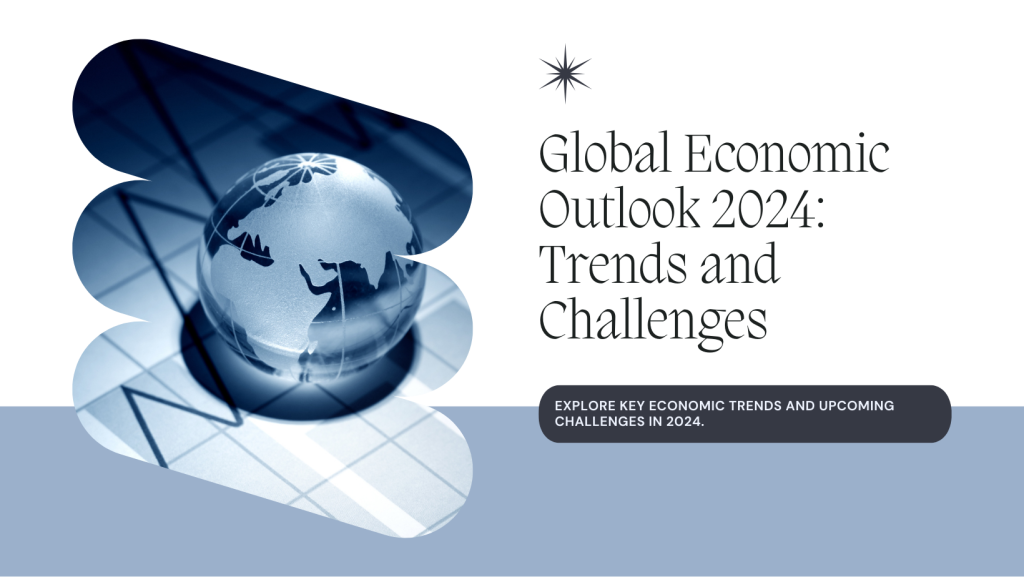As the world economy continues to recover from the impacts of the COVID-19 pandemic, policymakers, businesses, and investors are closely monitoring key trends and challenges that will shape the global economic outlook in 2024. From shifting trade dynamics to demographic changes to technological advancements, a range of factors will influence economic growth, stability, and prosperity in the years ahead.
One of the key trends shaping the global economic outlook is the ongoing recovery from the COVID-19 pandemic. While many countries have made significant progress in containing the virus and rolling out vaccines, the pandemic continues to pose challenges, particularly in regions with low vaccination rates and limited access to healthcare. Variants of the virus, supply chain disruptions, and changing consumer behavior are all factors that could impact the pace and trajectory of the economic recovery in the coming years.
Moreover, shifting trade dynamics and geopolitical tensions are creating uncertainty and volatility in the global economy. Trade tensions between major economies, supply chain disruptions, and rising protectionism are all factors that could weigh on global trade and investment flows, affecting businesses and consumers around the world. Additionally, geopolitical risks such as conflicts, sanctions, and political instability in key regions could further exacerbate uncertainty and impact economic growth.
Furthermore, demographic changes, including aging populations and changing workforce dynamics, are posing challenges for economies around the world. As populations age and birth rates decline, countries are facing pressures on healthcare systems, pension systems, and social safety nets, while also grappling with labor shortages and skills gaps. Addressing these demographic challenges will require innovative policies and investments to support aging populations, promote workforce participation, and ensure sustainable economic growth.
Additionally, technological advancements and digitalization are transforming industries and reshaping the global economy. From artificial intelligence to blockchain to renewable energy technologies, advances in technology have the potential to revolutionize productivity, efficiency, and innovation across sectors. However, the digital divide, cybersecurity risks, and concerns about data privacy and ethics are all challenges that must be addressed to fully realize the benefits of technological innovation.
In conclusion, the global economic outlook in 2024 is characterized by a mix of opportunities and challenges. While the ongoing recovery from the COVID-19 pandemic presents opportunities for growth and innovation, shifting trade dynamics, geopolitical tensions, demographic changes, and technological advancements are all factors that could impact economic performance and stability in the years ahead. By closely monitoring key trends and challenges and implementing proactive policies and strategies, policymakers, businesses, and investors can navigate the uncertainties of the global economy and position themselves for success in the future.




